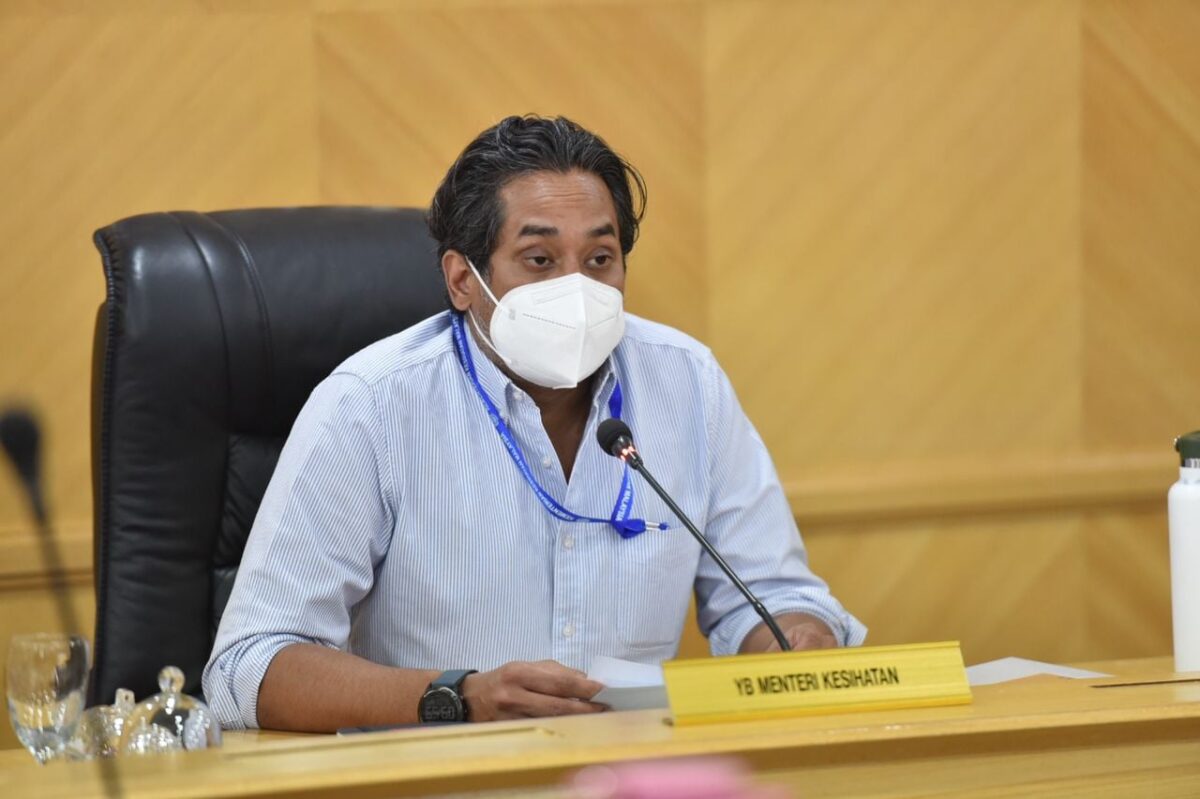KUALA LUMPUR, Oct 27 — The Ministry of Health (MOH) currently only provides genetic counselling services in Kuala Lumpur Hospital (HKL) and Penang Hospital.
Health Minister Khairy Jamaluddin, in a written reply in Parliament yesterday, said these genetic counselling sessions are conducted by nurses at genetic specialist clinics, under the close supervision of a clinical geneticist.
Khairy said there are no genetic counsellor service schemes established under the Public Service Department (JPA) at the moment. The MOH has the science officer (genetics) and psychology officer (counselling) schemes, which are two entirely different fields, compared to genetic counselling in terms of work scope and training.
The field of science (genetics) is concerned with genetic laboratory services that are indirectly related to patients, while the field of psychology (counselling) refers to psychological counselling services to help clients adapt, or create changes to address the challenges they face.
“The MOH will review the proposed establishment of this scheme (genetic counselling) in an effort to produce more genetic counsellors under the ministry,” Khairy said in response to a question by Senator Ras Adiba Mohd Radzi on the matter.
Separately, Khairy said the Ministry of Finance in May 2021 had approved the establishment of an unallocated receipts account (ATTD) or a rare disease trust account at the Tunku Azizah Hospital Kuala Lumpur (formerly the Kuala Lumpur Women And Children Hospital) to help finance medical bills for rare diseases.
He said one of the major challenges at the MOH is the expensive treatment cost for rare diseases. Khairy said a paediatric patient on an enzyme replacement therapy (ERT) requires between RM500,000 and RM1 million a year on medication alone.
ERT is done by giving the patient an intravenous (IV) infusion of a solution containing an enzyme that is deficient or absent in the body. Khairy said the cost increases with age as the drug dose is administered according to the patient’s weight.
“Since ERT is an ongoing treatment, this treatment cannot be stopped as the complications of the disease can recur. Therefore, if a patient has started ERT treatment, the treatment should be continued throughout his or her life. ERT treatment is only stopped when there is non-compliance or if the disease worsens despite ERT treatment,” he said.
Khairy said there are various types of rare diseases in Malaysia that require different treatment such as rare diseases that require diagnostic testing and supportive treatment as specific treatment does not yet exist, rare diseases that require special milk treatment, rare diseases that require special medication, and rehabilitation and support facilities for patients with rare diseases who need it.
The MOH has continuously provided funds each year since 2008 to ensure that rare disease patients get the necessary treatment and are not left behind. In 2021, a total of RM10 million was approved for the continued treatment of existing rare disease patients and to start treatment for patients on the waiting list.
“The MOH hopes that efforts by various agencies, especially civil societies, private companies, associations and individuals to raise funds for rare disease treatment through a trust fund in a sustainable way can be carried out,” Khairy said.








